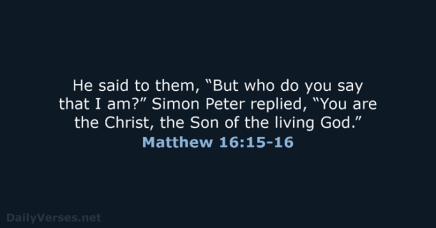Ordinary and Extra-Ordinary
In yesterday’s message, we focused on the figure of Lydia (Acts 16:11-15). One of our take-aways was that the sensational is a often a by-product of the ordinary. That is, God can break into the midst of our doing ordinary things and reveal something extra-ordinary. But if we are not in the habit of doing those ordinary things – with eyes, ears and hearts open – we might miss that extra-ordinary gift from God when it comes. What follows is a reflection on Psalm 1 I wrote last summer during my sabbatical that echoes this same theme.
Every day we have a choice. We get to decide what kind of people we want to become. What kind of parents, spouses, children, siblings, friends, colleagues and neighbors we want to be. Do we want to reflect more of God’s character in the many different roles we play? Or not? If we do, God stands ready to work with us, as v. 6 says, “… the Lord watches over the way of the righteous.”
It has been said by different leading theologians throughout history that every day is a mini-Easter for us. Each day is a chance to “die” to the people we don’t want to be and “rise to live” as the people we do. At the end of every day, we can review the day, hour by hour and examine how we fared. But regardless of how well or poorly we performed, we arise the next day with that same choice in front of us.
This is the essence of Psalm 1. There are two paths to take in life. One that leads toward God and one that does not. The way toward God must be consciously chosen. The path away from God is the one that takes hold of us if we do nothing. Clearly, the desirable path is the first one. Psalm 1 calls the end result of this path “Happiness,” which is not an emotion as much as it is the state of someone who is firmly attached to God. It is a path of slow growth, but the only one that endures. Mighty trees with deep root systems don’t spring up overnight.
The path away from God is one of fleeting-ness. It is the path of quick-fixes, and treating the symptoms of the problem and not its deeper cause. For a brief moment there may be relief, but once that moment is gone what is left are new problems to go along with the original problem that existed in the first place. That is what “chaff which the wind drives away” (v. 4) looks like.
Very few people in their right mind want to take the path that sinners tread (v. 1), but we find ourselves on that path if we do nothing consciously that avoids it. According to Psalm 1, the most important thing we can do to stay on the path that leads to God is “meditate on his Word day and night” (v. 2). Spending time in God’s Word on a regular basis matters. God may not reveal some grand insight every day. God’s voice may never be booming or heard as clearly as a person’s standing a few feet away. But in the practice of reading God’s Word, over and over again, we will hear God speaking to us. We will learn more of God’s will for our lives and how we can be part of the life-giving goodness God desires for our world.
Prayer: God of wisdom, guide me by your Holy Spirit to seek your scripture every day. Every time I open your Word, open my eyes at the same time to see, learn and understand what it is you would have me receive that will lead me to greater attachment with you. Amen.

